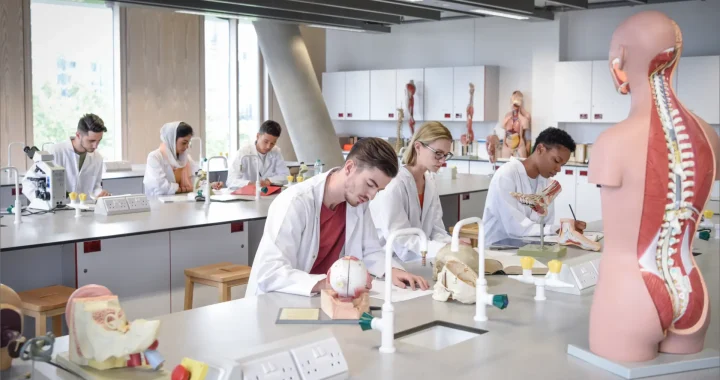Finding Hope: The Journey Through Residential Meth Addiction Treatment

Embarking on a journey toward recovery from methamphetamine (meth) addiction can be one of the most challenging yet transformative experiences in a person’s life. Opting for a residential meth addiction treatment offers a structured, supportive environment where individuals can focus entirely on their recovery. This comprehensive approach not only addresses the physical aspects of addiction but also delves into the psychological underpinnings, facilitating a deeper, more lasting healing.
The First Steps to Recovery
The initial step in overcoming meth addiction involves acknowledging the need for help. This realization can be daunting, as it requires confronting the addiction head-on. However, this critical moment of acceptance marks the beginning of a hopeful journey toward recovery. Upon entering a residential treatment program, individuals are welcomed into a safe and supportive environment. The first days are focused on detoxification, a medically supervised process designed to cleanse the body of the drug’s toxins. It’s a period where compassion, medical care, and emotional support are paramount, easing the transition into a drug-free state.
Building a Foundation for Lasting Change
After detox, the core of the residential treatment experience begins. It’s a time for healing and growth, built around comprehensive therapy sessions, both individual and group-based. These sessions are designed to uncover the root causes of addiction, equipping individuals with the tools and strategies needed to navigate life without reliance on meth.
Personalized Therapy: A Key to Unlocking Potential
A standout feature of residential treatment is the personalized care and attention each participant receives. Therapy is tailored to meet the unique needs of each individual, recognizing that the path to recovery varies from one person to another. Cognitive Behavioral Therapy (CBT), one of the most effective methods used in these settings, helps reshape harmful thought patterns and behaviors. By focusing on the present and developing coping strategies, individuals learn to confront and manage the triggers that might lead to relapse.

The Power of Community Support
Healing doesn’t occur in isolation. One of the most profound aspects of residential treatment is the sense of community and shared purpose among participants. Group therapy sessions and communal activities foster a supportive network, allowing individuals to share experiences, challenges, and victories. This collective journey not only alleviates the loneliness often associated with addiction but also reinforces the commitment to recovery, offering encouragement and understanding from those on a similar path.
Transforming Challenges into Stepping Stones
As participants progress through the treatment program, they’re encouraged to reflect on their experiences and envision a life free from addiction. Skill-building sessions and therapeutic activities enhance resilience, self-esteem, and independence, critical components for maintaining sobriety. Participants learn to identify and leverage their strengths, transforming past challenges into stepping stones for a brighter future.
This transformative journey through residential meth addiction treatment is not just about overcoming a physical dependency; it’s about rediscovering oneself, building a supportive community, and crafting a fulfilling life beyond addiction. It’s a testament to the human spirit’s resilience and the profound changes that holistic, compassionate care can bring about. Through dedication, support, and personalized care, finding hope and embarking on a new path is not just a possibility—it’s a reality for many.

 Which delta 9 gummies are known for their potency?
Which delta 9 gummies are known for their potency?  Ways to Relieve Back Pain Naturally
Ways to Relieve Back Pain Naturally  The Life-Saving Benefits of Mohs Surgery for Skin Cancer
The Life-Saving Benefits of Mohs Surgery for Skin Cancer  Finding the Right Florida Pain Management Center
Finding the Right Florida Pain Management Center  A Lifetime of Brain Health: Tips for Every Decade
A Lifetime of Brain Health: Tips for Every Decade  The Science Behind Mobility Wheelchair Ergonomics
The Science Behind Mobility Wheelchair Ergonomics  The Role of Supplements in Modern Health: A Balanced Perspective
The Role of Supplements in Modern Health: A Balanced Perspective  The Art of Healing: A Comprehensive Look at Modern Treatments and Approaches
The Art of Healing: A Comprehensive Look at Modern Treatments and Approaches  The Evolution of Medical Science: From Ancient Remedies to Modern Breakthroughs
The Evolution of Medical Science: From Ancient Remedies to Modern Breakthroughs